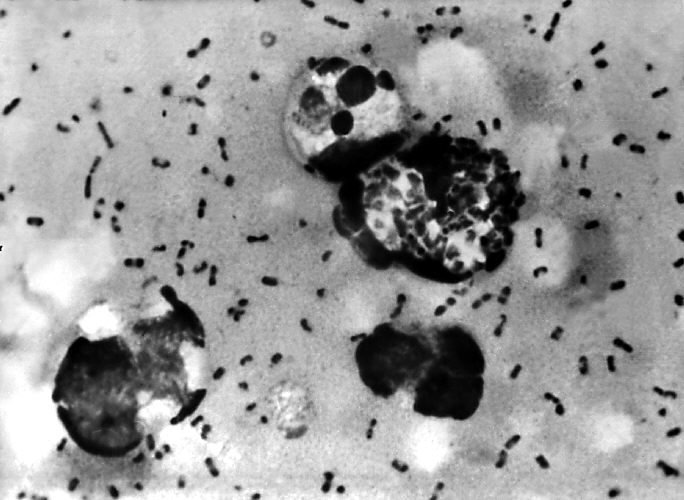New Mexico health officials are reporting the first case of plague in the state this year in a dog from Santa Fe County.

An environmental investigation will take place at the dog owner’s home to look for ongoing risk to others in the surrounding area.
“New Mexico Department of Health (NMDOH) staff will ensure the safety of the immediate family and neighbors while investigating any signs of risk the plague can spread,” said Department of Health Secretary Lynn Gallagher. “They will go door-to-door to neighbors near the case to inform them about plague found in the area and provide information to residents on reducing their risk”.
Plague is a bacterial disease of wildlife and is generally transmitted to humans and pets through the bites of infected fleas. Pet animals also can be exposed after eating an infected animal. Plague can be transmitted to humans by direct contact with infected animals, including rodents, wildlife and pets.
In New Mexico, there were four human plague cases in 2017, all of whom survived the illness, and 4 human plague cases in 2016. There were 28 animal plague cases in New Mexico in 2017, and 34 animal plague cases in 2016.
Our #1 product for cats & dogs under 20 pounds. 30 single serving capsules. Canna-Pet¨ Advanced Small capsules contain a broad spectrum of concentrated, naturally occurring terpenes and flavonoids. Shop Now
Symptoms of plague in humans include sudden onset of fever, chills, headache, and weakness. In most cases there is a painful swelling of the lymph node in the groin, armpit or neck areas. Plague symptoms in cats and dogs are fever, lethargy and loss of appetite. There may be a swelling in the lymph node under the jaw. With prompt diagnosis and appropriate antibiotic treatment, chances of death in people and pets can be greatly reduced.
To prevent plague, NMDOH recommends:
- Avoiding sick or dead rodents and rabbits, and their nests and burrows.
- Preventing pets from roaming and hunting.
- Talking to your veterinarian about using an appropriate flea control product on your pets as not all products are safe for cats, dogs, or your children.
- Cleaning up areas near the home where rodents could live, such as woodpiles, brush piles, junk and abandoned vehicles.
- Getting any sick pets examined promptly by a veterinarian.
- Seeing your doctor about any unexplained illness involving a sudden and severe fever.
- Putting hay, wood, and compost piles as far as possible from your home.
- Don’t leave your pet’s food and water where rodents and wildlife can get to it.

